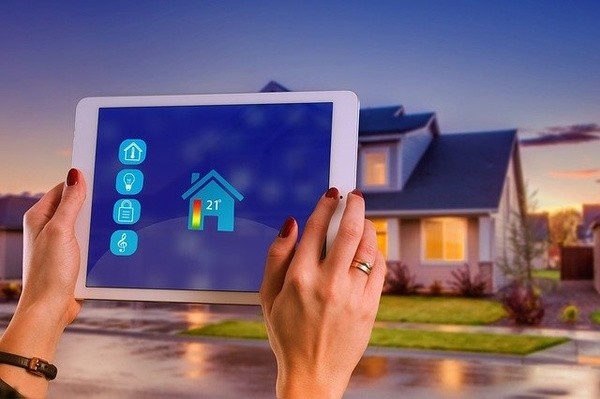
Over the past year, the use of artificial intelligence (AI) has gained popularity across several industries, including real estate.
There are many use cases of AI in real estate, especially in the commercial and residential markets. Let us look at three ways it could impact property investment.
1. Predictive Analysis
The most common and practical usage of AI in real estate is predictive analysis. This is even more prominent in predicting the value of a property. AI utilizes current property data and considers hundreds of factors, including the area's crime rates and school reputation, to determine the future value of real estate. This removes all the manual work and hours of research that valuation providers need to do to determine the market value of a certain property.
In addition, AI can also be used to predict when a property might need maintenance. Some AI systems can also go ahead and schedule the maintenance itself. This is particularly useful for landlords and property managers overseeing several buildings and homes.
2. 3D Modeling
Visual representations have become increasingly important in real estate. Providing potential buyers with a 3D model not only gives them the opportunity to tour the space virtually, it also gives agents a higher chance of making a sale.
Some companies in the real estate industry have started using AI to create 3D virtual tours of properties and their unique features through augmented reality. AI can also be used to screen viewers, helping ensure that agents and sellers are prioritizing those who are interested in buying the property.
3. Home Automation
When renting out multiple units of apartments in a single building, utility bills can be very expensive. While there are plenty of reasons for having a costly utility bill, it could be as simple as tenants forgetting to switch off lights or heating when not at home.
Fortunately, there are now many devices that help landlords reduce these risks, including motion sensors that turn the hallway lights on when there are people and turn them off when there is no one. There are also smart systems that allow renters to control the thermostat remotely.
In addition to helping reduce utility bills, smart home devices also reduce risks to safety. For instance, smart doorbells can also function as a camera that captures any commotion happening outside the property and also keeps a tab on whoever goes in and out of each residence.
© 2025 Realty Today All rights reserved. Do not reproduce without permission.



